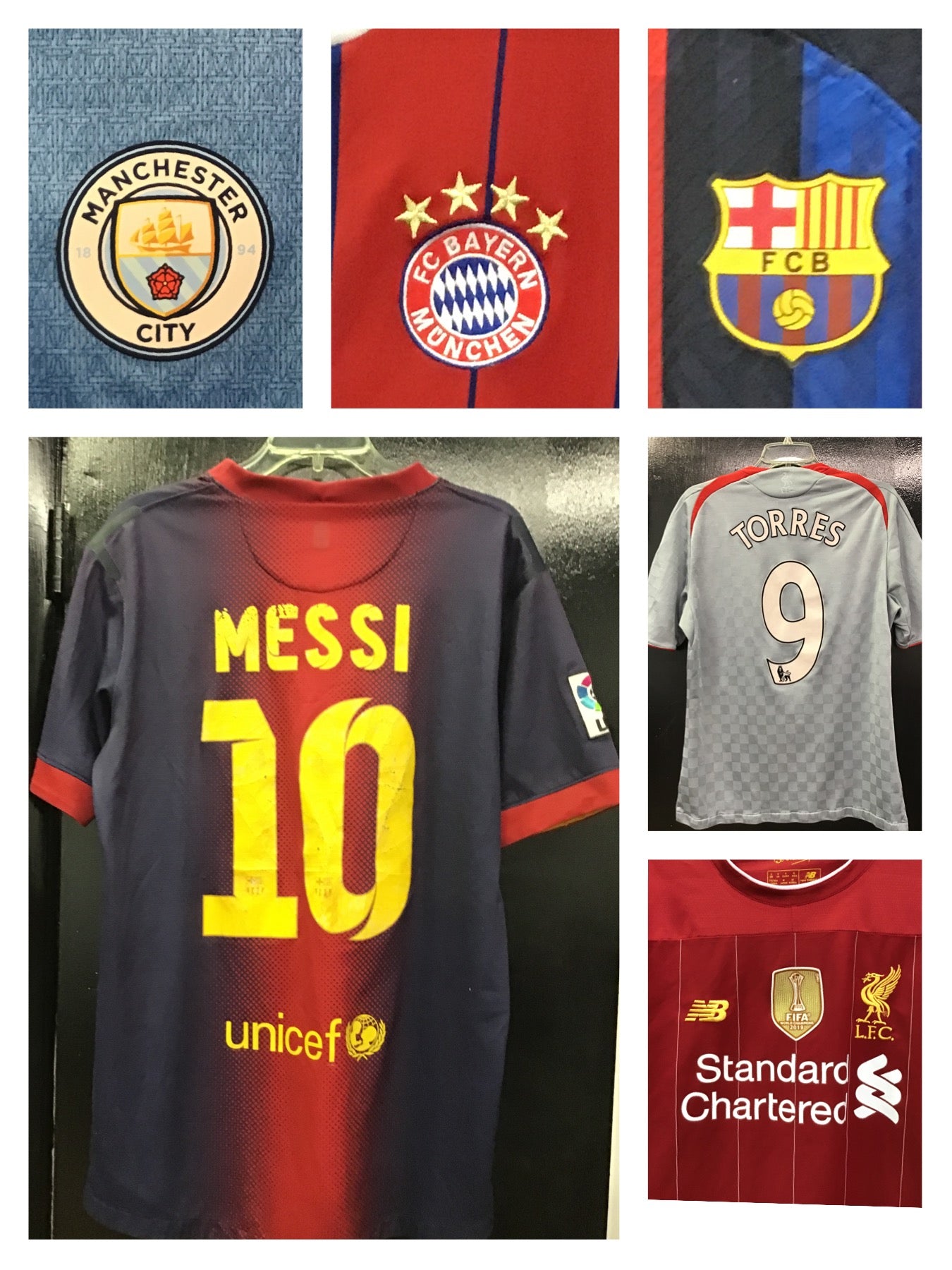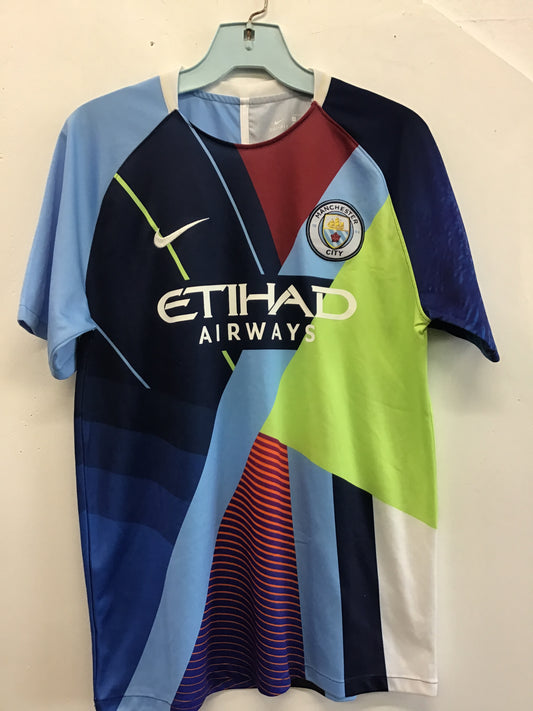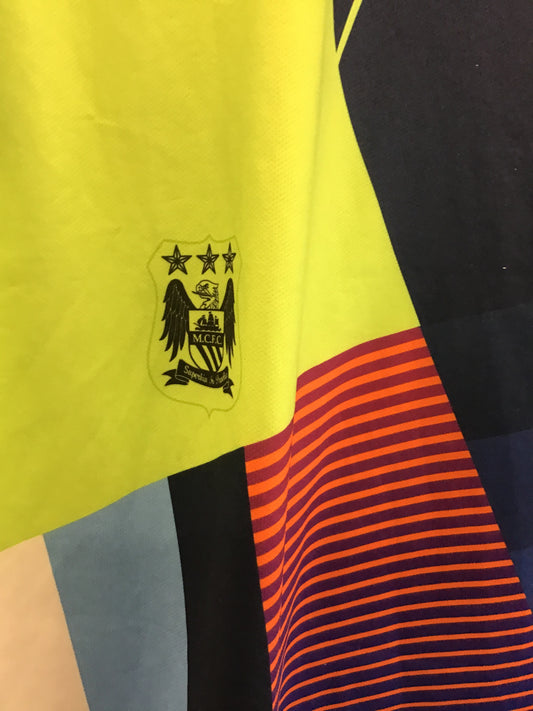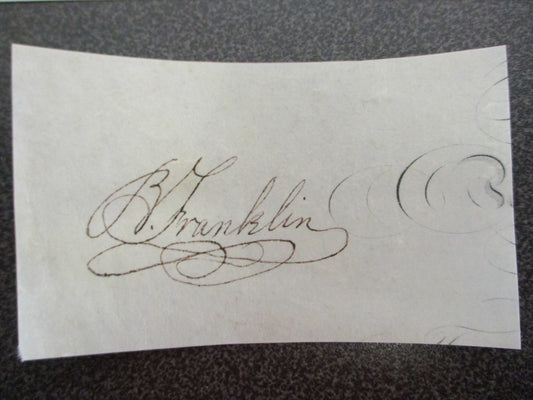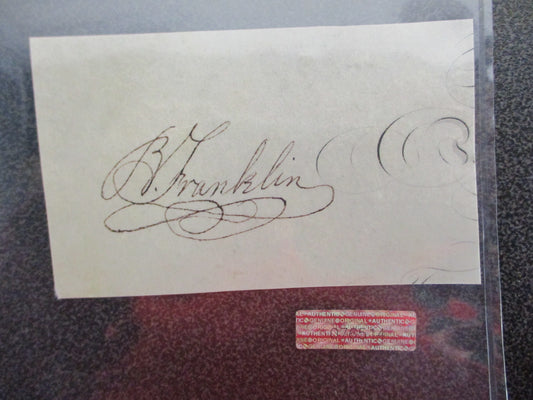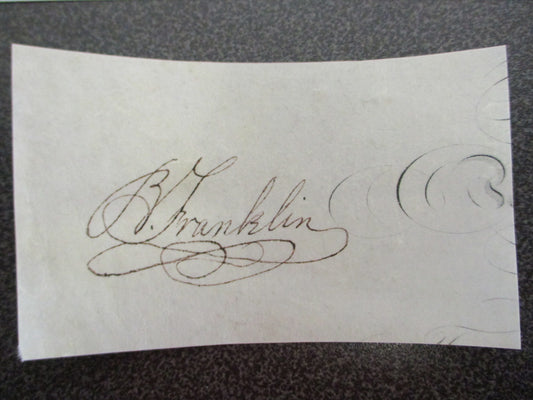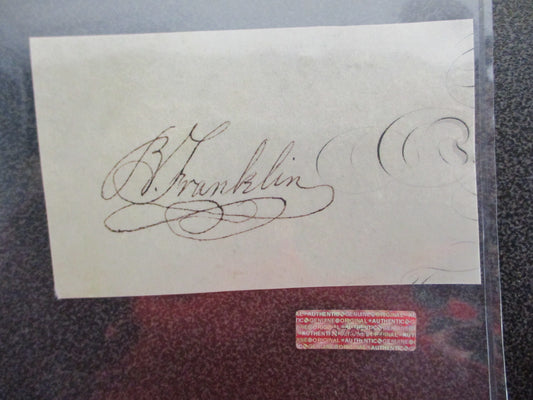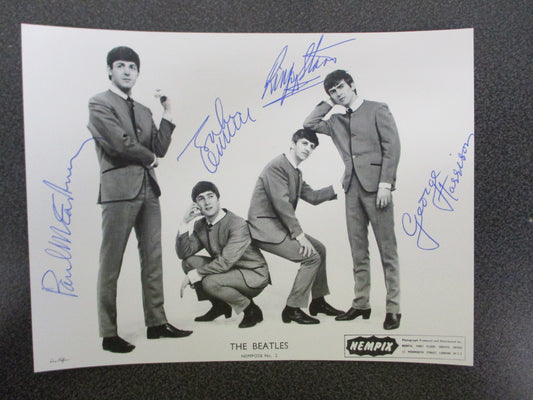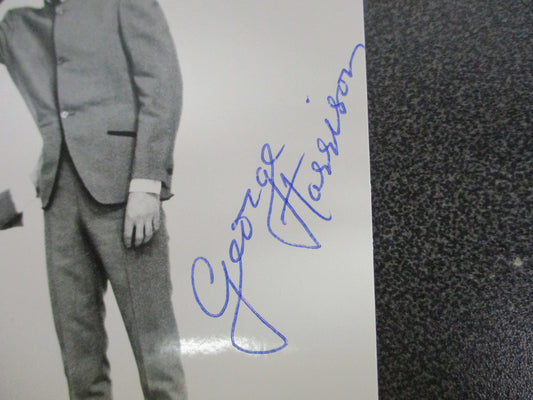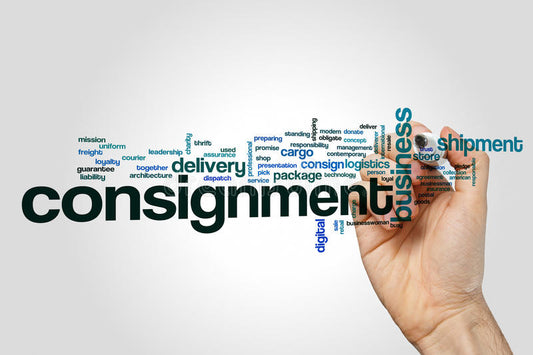Featured products
-
Nike Manchester City ‘Celebration Jersey’ Limited Edition Jersey, Size L
Vendor:--Regular price $129.99 USDRegular priceUnit price per -
Ben Franklin Cut Signature w/ COA
Vendor:CrazyrichardsolditRegular price $1,000.00 USDRegular priceUnit price per -
John Hancock Signed Cut Signature w/ COA
Vendor:CrazyrichardsolditRegular price $1,000.00 USDRegular priceUnit price per -
Beatles NEMPIX Photo Signed by all 4 Beatles - Fab 4
Vendor:pre-ownedRegular price $2,400.00 USDRegular priceUnit price per

Consign with Us!
Consignment selling is a type of selling where the seller retains ownership of the goods until they are sold. The seller then receives a commission from the sale, typically a percentage of the final sale price. This type of selling is often used for high-end or expensive items, such as furniture, cars, or jewelry.
Why Chose Us?
-
Fast Shipping
with USPS or UPS
-
30 Day Guarantee
Money Back
-
Secure Payment
PayPal Verified
FAQs
What is the difference between a consignment store and a regular retail store?
Consignment stores and regular retail stores differ in a few key ways. First, consignment stores typically sell used or pre-owned items, while regular retail stores typically sell new items. Second, consignment stores typically pay consignors a percentage of the sales price for each item sold, while regular retail stores typically do not. Finally, consignment stores typically have more flexible return policies than regular retail stores.
What are the benefits of consigning merchandise with a consignment store?
Consignment stores offer many benefits for those looking to sell their unwanted merchandise. By consigning items with a store, you can avoid the hassle of having to hold a garage sale or posting items for sale online. Additionally, consignment stores typically have a wider customer base than individual sellers, which means your items are more likely to sell quickly. And finally, consignment stores typically offer a higher percentage of the sale price to the seller than other options, such as consignment shops or online marketplaces.
How does the consignment store pay the seller for their merchandise?
When merchandise is sold on consignment, the seller is typically paid a percentage of the selling price. The consignment store will take a commission for facilitating the sale, and the rest of the proceeds will go to the seller. In some cases, the seller may also be responsible for covering any shipping or handling costs associated with the sale.
How does the consignment store business model work?
The consignment store business model is based on the sale of secondhand goods. Consignment stores typically sell items such as clothing, furniture, and home décor.
Under this business model, the consignment store acts as a middleman between the seller and the buyer. The store owner agrees to sell the item on behalf of the seller and takes a commission from the sale. The seller receives the remaining proceeds from the sale.
Consignment stores typically have a wider selection of items than traditional brick-and-mortar stores, as they are not limited to selling only new products. This can be beneficial for buyers who are looking for good deals on quality products. For sellers, consignment stores provide an easy way to sell items without having to deal with the hassle of setting up their own storefront.


